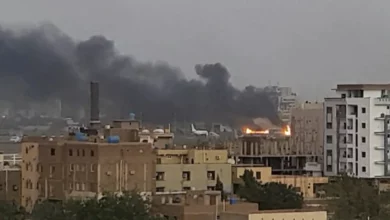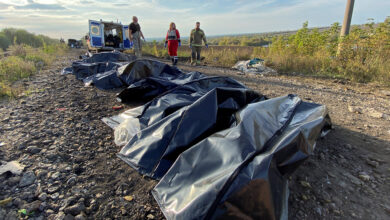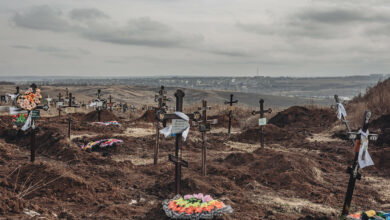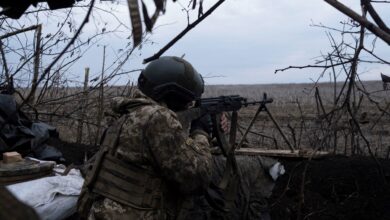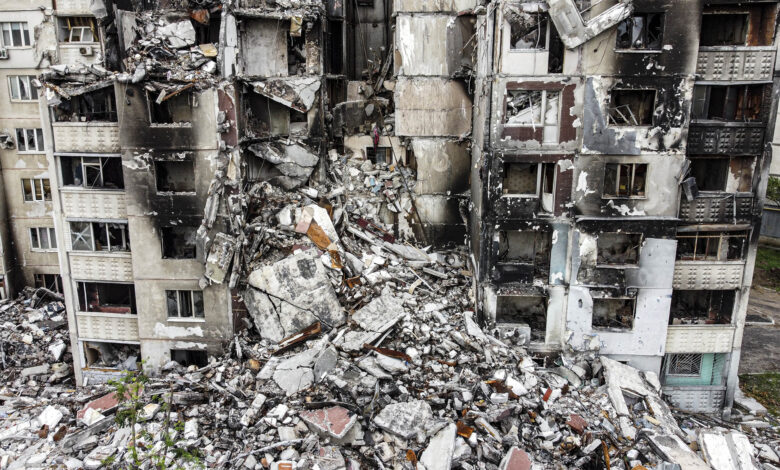
Amnesty International has accused Russia of war crimes during its efforts to capture the north-eastern Ukrainian city of Kharkiv.
In a new 40-page report, Amnesty has documented the alleged use of cluster munitions and other indiscriminate means of attack.
“The repeated bombardments of residential neighbourhoods in Kharkiv are indiscriminate attacks which killed and injured hundreds of civilians, and as such constitute war crimes,” the report said.
“This is true both for the strikes carried out using cluster as well as those conducted using other types of unguided rockets and unguided artillery shells, which are indiscriminate when used in the vicinity of concentrations of civilians.”
Amnesty’s researchers say they “documented seven strikes in different areas of Kharkiv, where they found fins and pellets of 9N210 or 9N235 cluster munitions.”
Some context: The United Nations Convention on Cluster Munitions, which came into force in 2010, bans the use of cluster munitions. Russia is not party to the treaty (neither is the United States).
“Cluster bombs are inherently indiscriminate,” Amnesty’s report said.
“Rockets release dozens of submunitions in mid-air, scattering them indiscriminately over a large area measuring hundreds of square metres. In addition, cluster munitions have a high dud rate, with a high percentage failing to explode on impact and thus effectively becoming land mines, which pose a threat to civilians long after deployment.”
Amnesty also said that Russia has used the PTM-1S, “a small, scatterable anti-personnel mine.”
Donatella Rovera, Amnesty International’s senior crisis response adviser, said that the investigation was “further indication of utter disregard for civilian lives.”
“People have been killed in their homes and in the streets, in playgrounds and in cemeteries, while queueing for humanitarian aid, or shopping for food and medicine,” she said. “The repeated use of widely banned cluster munitions is shocking.”
Russian officials have repeatedly insisted that they do not target civilians.

